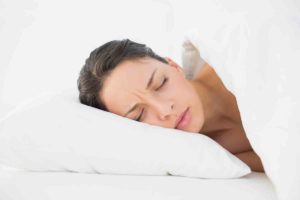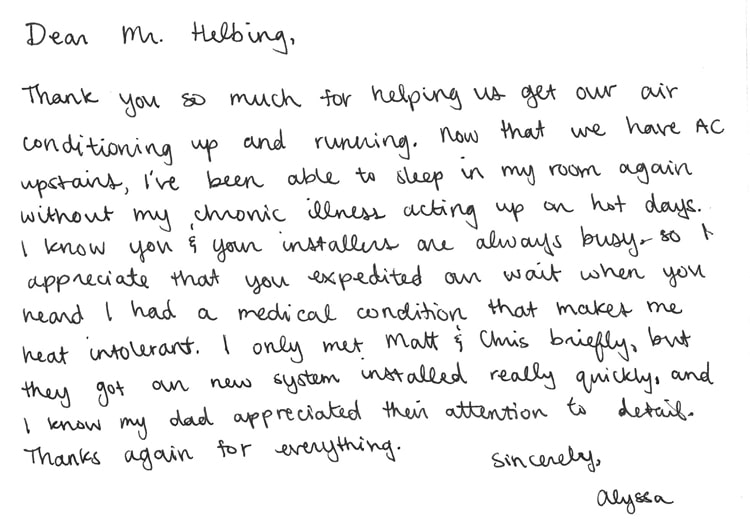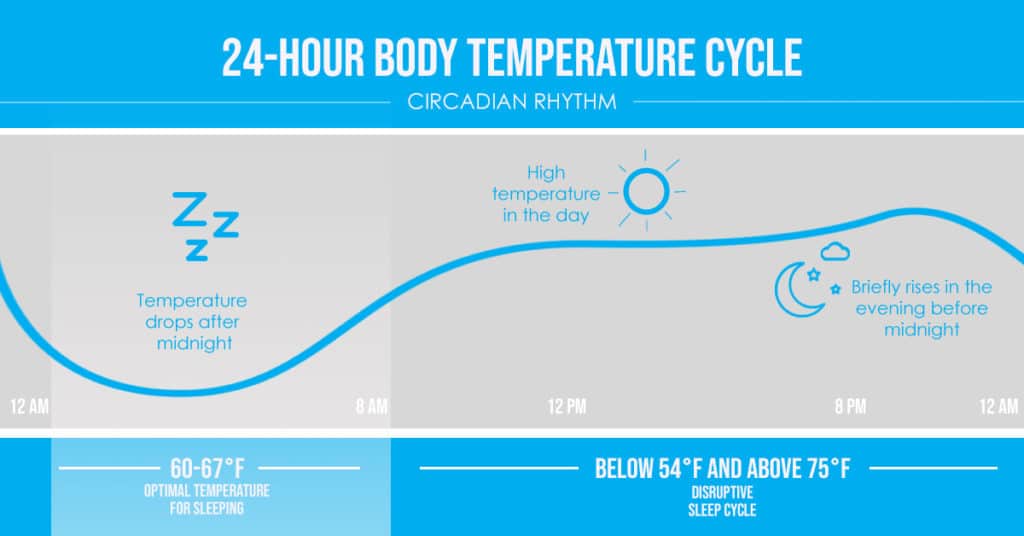HVAC at Home: The Connection Between Room Temperature and Sleep Quality
Air Conditioning Means More Than Indoor Comfort

It isn’t just the seasonal San Gabriel Valley heat. Everybody, it seems, is having trouble sleeping. According to national statistics compiled from the National Institute of Health and the CDC, roughly 35% of Americans aren’t getting enough rest on a daily basis, defined as at least seven hours of shuteye. In fact, more than 60 million people suffer from insomnia, with more than 37 million more who battle with disorders ranging from sleep apnea or restless leg syndrome to REM sleep disorder and narcolepsy.
Why does it matter?
Obesity and depression rates are higher among those who sleep less than seven hours a night, especially in children. While you might not be surprised to learn seven out of ten college students don’t get enough rest, you might be shocked to learn up to 20% of the year’s car crashes are associated with driver sleepiness too.
In short, all of us clearly need to make more rest a priority. But how?
“One variable that is often overlooked as a powerful tool to help you sleep better is temperature. Temperature can be the difference between a sound night of sleep and a fitful night that leaves you tired the next day,” according to a recent article by Dr. Christopher Winter MD, a sleep specialist, neurologist and author of The Sleep Solution: Why Your Sleep Is Broken and How to Fix It.
As a sleep expert who works with numerous professional athletes for whom enough rest is mission critical, he also notes that he has “never encountered a professional baseball, football, basketball or hockey player who prefers a warmer sleeping environment to a colder one. Not one.”
Body temperature plays a critical role in sleep initiation. According to research, real sleep begins when it begins to decline as part of our daily circadian rhythm. In fact, research suggests that people who regularly suffer from insomnia may have a higher core temperature to begin with. According to Dr. Winter, “their inability to dissipate heat and cool themselves is one proposed explanation for their troubles engaging sleep quickly. Because of this, the temperature at which an individual sleeps becomes very important as the ability to shed heat and feel cool can influence how successful an individual will be in terms of falling asleep.”
What does this have to do with your energy efficient air conditioning?
Believe it or not, science suggests the ideal temperature at night may be between 60-67 degrees Fahrenheit. Cooler body temperatures mean more deep sleep, warmer body temperatures mean less.
In fact, scientists found that for people suffering from sleep apnea, moving the ambient indoor temperature from 75.2 degrees all the way down to 60.8 degrees at night resulted in a significant improvement in quality of sleep. Subjects also reported sleeping longer and feeling more well rested during the next day.
We aren’t suggesting you set the thermostat down to 60 every night. But a lower overall evening thermostat setting, lighter sleep clothing, and greater awareness could lead to better sleep quality and duration. Consider sheets designed to wick away moisture, and packing the heavier blankets away for later in the year, too. Science has demonstrated that indoor comfort matters. After all, it doesn’t just feel better; it helps your body do better too.

Need your air conditioner serviced? Get Air-Tro, the HVAC experts Los Angeles trusts for all their heating and air conditioning needs, since 1969! Call (626) 357-3535.

